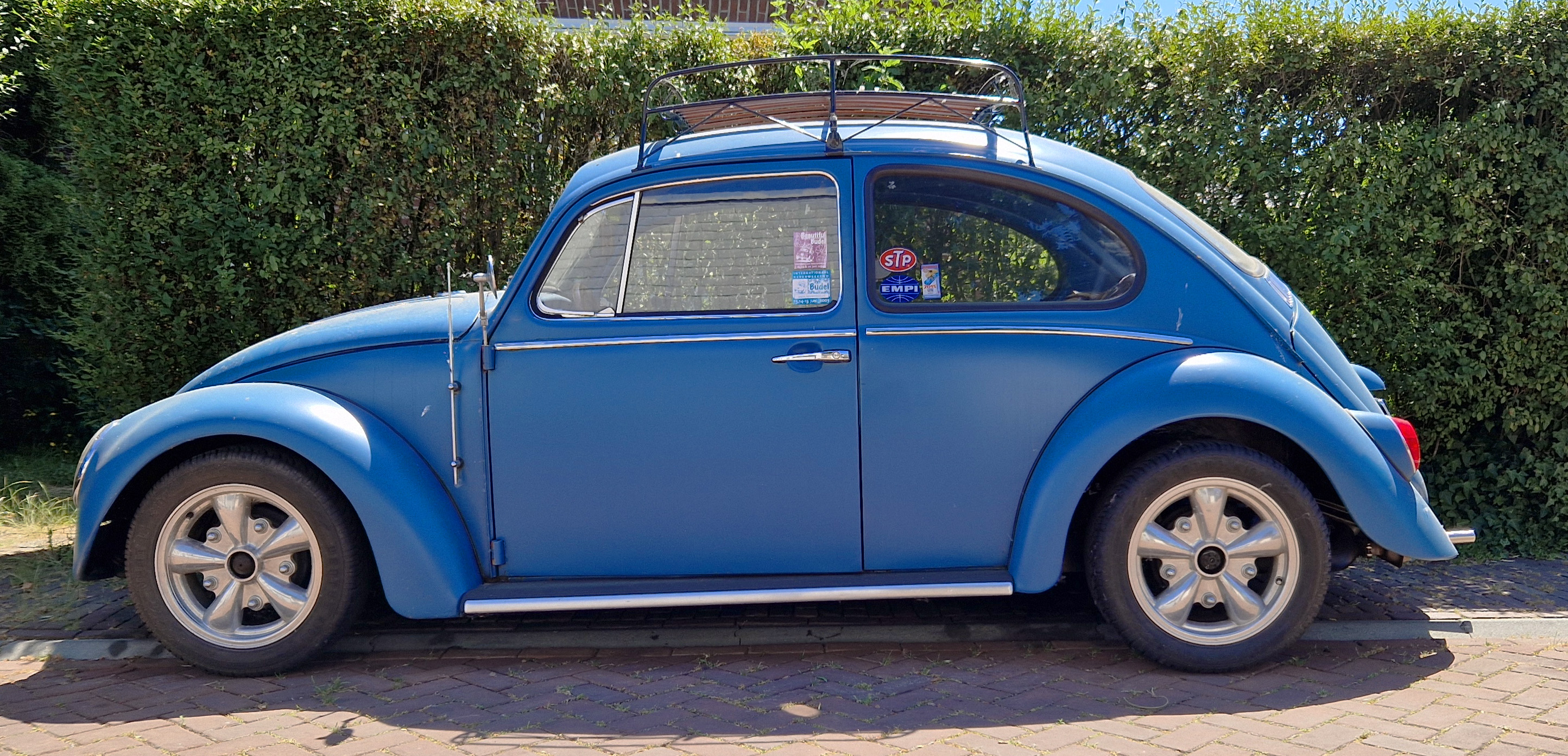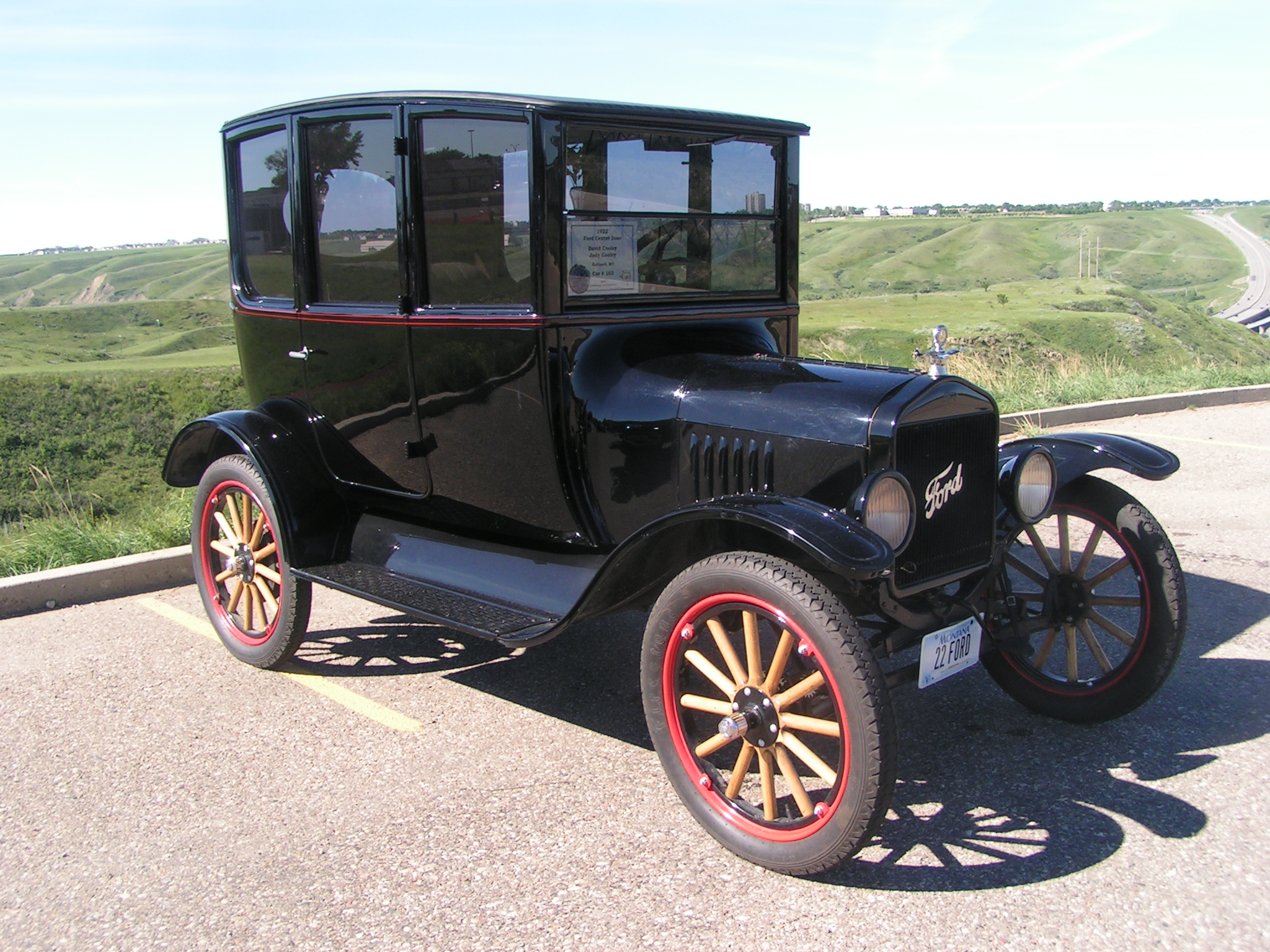7 Revolutionary Classics That Changed Automotive History Forever
The automotive industry has been a beacon of innovation since the dawn of the 20th century, continuously reshaping the way humans perceive and interact with mobility. This journey of evolution is marked by groundbreaking classics that have not only redefined automotive history but have also left an indelible impact on the modern roads we navigate today. These revolutionary vehicles are more than just modes of transportation; they are icons of technological advancement and cultural shifts. As we delve into the stories of 7 such classics, we will explore how each one has contributed to the tapestry of automotive innovation and continues to influence contemporary vehicle design and technology. Let's begin!
1. The Ford Model T: Democratizing the Automobile
The Ford Model T, introduced in 1908, is often heralded as the car that put the world on wheels. Henry Ford's vision of a car for the masses came to life with the Model T, which was affordable, durable, and easy to maintain. The implementation of assembly line production drastically reduced manufacturing costs, making cars accessible to a broader audience and transforming personal mobility. This democratization of the automobile paved the way for the development of infrastructure such as highways and gas stations, fostering economic growth and societal change. Today, the Model T's legacy is evident in the continued emphasis on affordability and mass production in the automotive industry.
2. The Volkswagen Beetle: A Cultural Icon

The Volkswagen Beetle, with its unique design and robust engineering, became a symbol of cultural identity and resilience. Initially conceived as a "people's car" in pre-war Germany, it gained international fame in the post-war era, particularly in the United States during the 1960s. Its affordability, reliability, and quirky design resonated with a generation seeking individuality and freedom. The Beetle's impact extends beyond its engineering feats; it became a cultural icon, representing peace, love, and counterculture movements. Its influence is still seen today in the way automotive brands market cars as lifestyle choices, emphasizing individuality and emotional connection.
